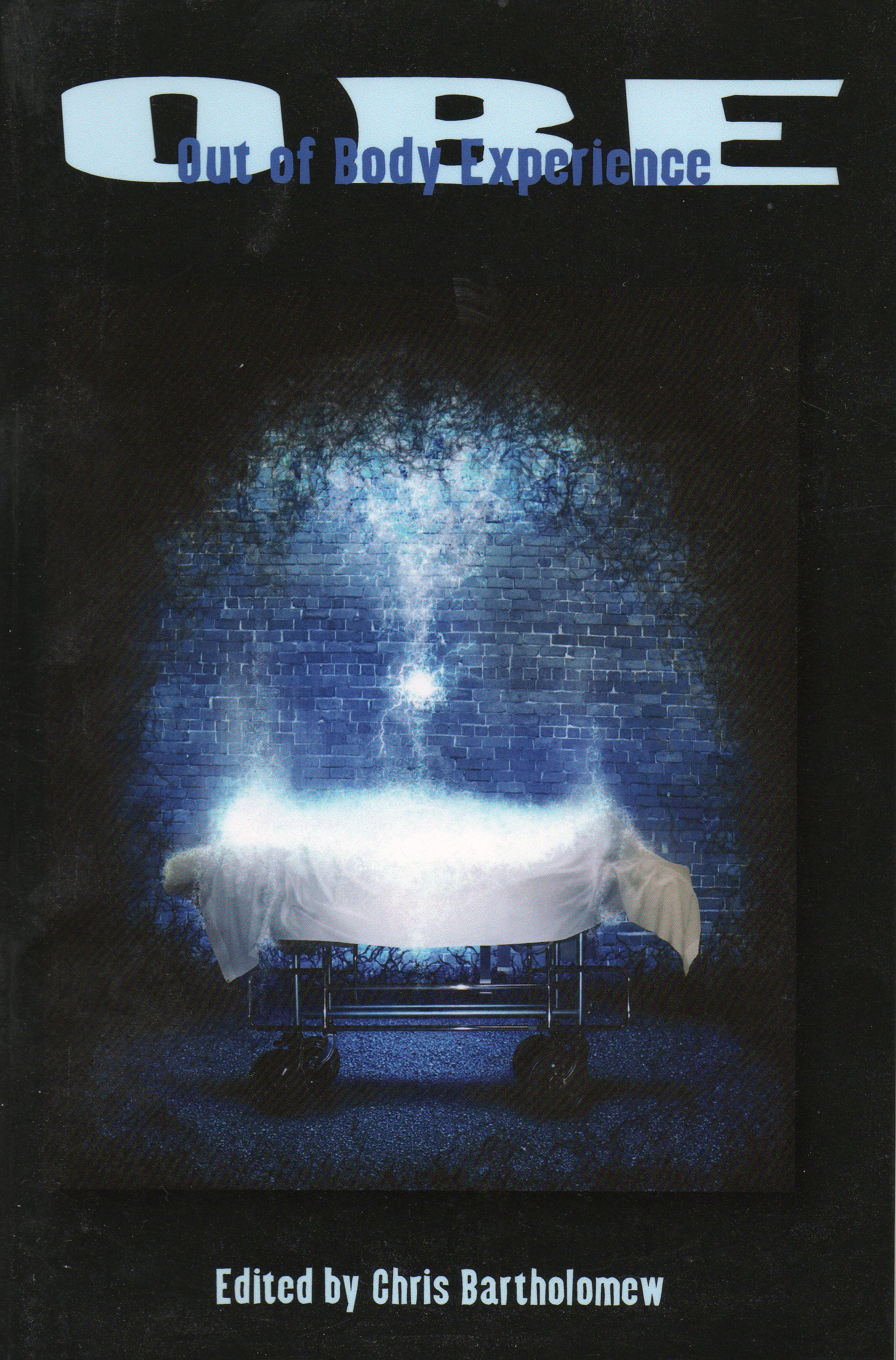The reports this week of the Pistorius bail hearing in South Africa, with the attendant criticism of the investigating police officer have brought back memories of the nineties when I accompanied my husband on secondment to Johannesburg.
Crime, even at that time, was a major concern for everyone in South Africa, but nowhere more so than in Johannesburg where we lived. Every day the newspapers were full of violent crimes that had taken place in the most innocuous of locations; at traffic lights in the city centre, in the queue at a Randburg bank, during family gatherings in the salubrious suburbs of Sandton, or in the taxi ranks of Soweto or Alexandria.
SAPS, the South African Police Service came under fire regularly for their perceived inadequacies, and failure to make inroads into a rising crime level. In their defence, SAPS complained of under-staffing, out-dated equipment or poor conditions of service. Indeed, when I discovered the average monthly salary of a police recruit at that time, I thought someone had made a mistake and quoted the weekly salary.
As civil disquiet grew, the call went out for volunteers, either armed reservists for active duty, or for people to help out in administrative capacities. I’d worked in Human Resources in the UK, and since I couldn’t get a permit to work in this field in South Africa, (most appointments being limited to black people under the Affirmative Action programme) I volunteered my skills in HR and database development/ information retrieval, and was asked to attend the local police station for duty.
I arrived on the appointed day to find that no-one was expecting me, and that I was the object of some mirth and curiosity as I hung around in the draughty concrete reception area for what must have been almost an hour, whilst people decided what to do with this English do-gooder.
Eventually when a senior officer arrived for work mid morning, I was greeted with civility. He clearly had no idea of my background and only marginally more awareness of the process that had brought me to his station. He was interested when I divulged my career thus far, asked me a few questions about training techniques, and announced we would have a further in-depth discussion regarding proposed development courses for his men. After a decent interval I was handed to a perplexed second in command, who after some thought assigned me to work in an office, simply entering data onto a computer.
The database system was an antiquated MSDOS system, the like of which I recalled from the dim and distant past even then, and it was frequently subjected to crashes, data loss and general disruption. In addition, the system-design bore little relevance to the data retrieval requirements that would feasibly be required of it and its use was, to say the least, liberally coated with an exasperated veneer of frustration for all.
The girls with whom I shared an office, (and occasionally a computer when mine gave up the ghost) initially saw my arrival as a minor source of resentment. This quickly gave way to unmitigated delight when they concluded that they were now able to indulge in protracted gossiping, extended lunch breaks and even mid morning shopping sprees as I held the fort alone, fielding telephones and battling uncooperative computers.
I’d agreed to do two mornings a week but after a couple of months I decided I was wasting my time and stopped attending. The promised ‘in depth discussion on training proposals’ had never materialised, and no-one rang up to ask if I would be returning.
In short, I’d been ‘imposed’ upon them, by a civilian band of well-meaning reformers who thought that throwing bodies at the problem was the answer to what ailed SAPS.
Our secondment to South Africa ended, but 18 months later we found ourselves back again, and still living in the northern suburbs. Someone I’d met during our earlier stay asked me if I’d volunteer for SAPS again.
“Not after last time,” I said. The message must have been passed on, because a few days later I got a call from the Volunteer Reserve Unit again. Things had changed during the eighteen months I’d been away, I was reassured, and would I consider doing another stint, this time at a different police station. I agreed, with misgivings.
Things had changed, I found out. This time my arrival was expected, and I was given a tour of the station, and introduced to quite a few policemen who were lounging at their desks, either drinking coffee, squinting down the barrel of a newly acquired gun or reading the daily tabloid papers. I was shown my duties.
Each day I was given a stack of incident reports. These were the records of all traffic offences, burglaries and similar violations which had been made by officers on duty, and my job was to transfer them by hand into a large ledger. After a few weeks or so, I asked a colleague what happened to the contents of the ledger after I’d transferred them.
Nobody knew. Nobody recalled anyone ever asking to see the ledger. And nobody missed me when I gave up helping out for the second and final time.
We left South Africa in 97, though we’ve visited for holidays several times since; it’s a country that holds a special place in our hearts. I’ve read with surprised satisfaction that crime rates there, whilst still amongst the highest in the world, have dropped significantly over recent years. The South African Police Service now has an impressive web-site, and I’m sure that internal computer systems bear little resemblance to those I encountered back then. I see that the reservist system has survived, with four categories of reservists ranging from active service through to support, specialist and community services, and there are nominated reservist co-ordinators at many police stations.
However, I’ve been uncomfortably reminded in recent days of my brief involvement with SAPS whilst watching the demolition of the reputation of the Pistorius investigating officer (labelled on Twitter as the worst Botha since PW). Were his past record (now curiously resurrected) and lack of English language skills only considered to be a problem when they came under world-wide scrutiny? Neither certainly seems to have represented a problem for the daily execution of his duties until then. Some reports say the seven attempted murder charges had been dropped. Others say that they’d been reinstated prior to the Pistorius case, but explanations have yet to emerge as to why, if that were so, he hadn’t then been suspended from duty.
The current Police Commissioner, a woman named Mangwashi Victoria Phiyega is a former social worker with a corporate background and educated at the University of Wales. Like her two predecessors, (both of whom were dismissed for corruption) she has no experience from within the police service. She’s been in her role less than twelve months, and her appointment was said to have been regarded as an insult by the police unions. I don’t envy her the task ahead now that scrutiny has once again been channelled towards crime policing in her country.
It can’t be easy being in the police service in South Africa today; it’s a role that’s not viewed with anything like the respect that’s afforded in other countries, but often it seems, deservedly so.
I certainly wouldn’t relish being involved in law enforcement there.
But if recent events are anything to go by, I’d prefer even less to be on the receiving end of it.
Just a few days after this story was posted, the world watched in horror:












Thank you for sharing that.
I was absorbed in your report/memoir/experience.
I liked learning a little more bout you, your skills, and background – about what the problems in South Africa were like – and, as I began to imagine, it is throughout most of the world (and sometimes, I have to believe even in the US), but I think, most of all, how impressed I am with your service, understanding, sincerity, and determination.
So very nice to have been along for the ride and have your insights.
Thanks
Randy
LikeLike
Thank you Randy. I’m glad you enjoyed this blog, which as I’ve said before, I don’t do very often. I hesitated before posting this, because I’m uneasy about commenting on situations where I don’t have total knowledge (which leaves very little for me to comment on, I’m afraid. 🙂 ) So it’s not incisive journalism, just me sharing an experience and adding a little flesh to the bones. Thanks for taking the time to read.
LikeLike
you’ve also described how i feel about certain kinds of blogging and I too feel ” uneasy about commenting on situations where I don’t have total knowledge (which leaves very little for me to comment on, I’m afraid. 🙂 )”
But you were a good reporter sticking to your experiences and your perspectives; and the writing was interesting and absorbing. So again, Thank you
LikeLike
personal testimonies always bring important nuances – thanks for sharing yours.
LikeLike
My pleasure Jody.
LikeLike